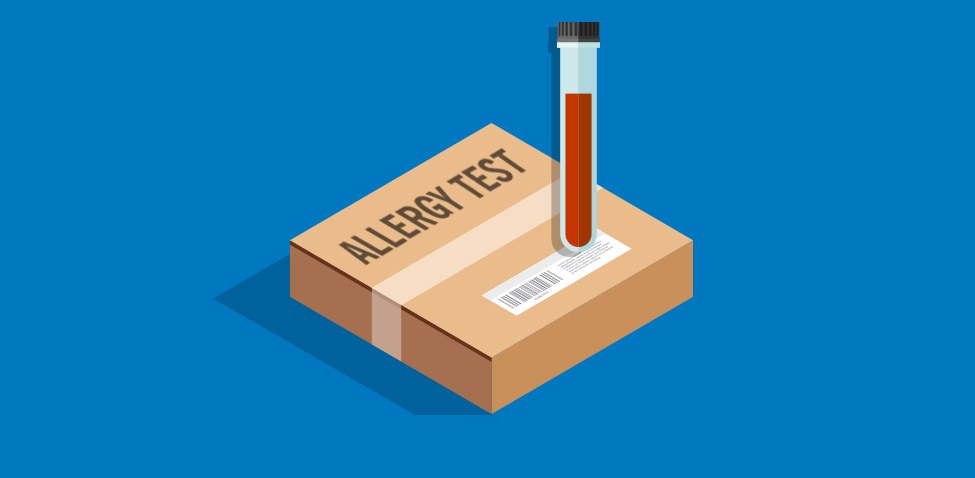- Swastik Clinic, Ahmedabad, GJ, IND
- Call: 8849867169 (For Appointment)
- Mon - Sat: 10 AM - 08 PM
- Sun: Only Emergencies
Allergy Testing – Why & How is Allergy Testing Done?

Allergy Testing – Why & How is Allergy Testing Done?
Allergy testing is first step to effective allergy treatment. Learn about how allergy testing works, skin versus blood testing and which one works for you.
WHAT IS ALLERGY TESTING?
It is a test performed by allergy testing specialist, to determine if your body has any allergic reaction to any substance. There are different types of allergy testing such as blood test, skin test, or an elimination test.
Allergies occur when our body’s immune system overreacts to something in the environment. The overreaction can lead to:
- Sneezing
- Runny nose
- Blocked sinuses
- Itchy eyes
- Watery eyes
Allergy tests involve exposing you to a very small amount of a particular allergen and recording the reaction.
TYPES OF ALLERGENS
There are three primary types of allergens:
Inhaled allergens – they come in contact with the lungs or membranes of the nostrils or throat. For example, pollen.
Ingested allergens – they are present in certain foods, such as peanuts, soy, and seafood.
Contact allergens – they come in contact with your skin to produce a reaction such as rashes.
WHY ALLERGY TESTING IS PERFORMED
Information from allergy tests may help your doctor develop an allergy treatment plan that includes allergen avoidance, medications or allergy shots (immunotherapy). It can help diagnose allergic conditions like:
- Allergic asthma
- Food allergies
- Penicillin allergy
- Hay fever (allergic rhinitis)
The World Allergy Organization estimates that asthma is responsible for 250,000 deaths annually.
TYPES OF ALLERGIC TESTING
You may have to go on an elimination diet if your doctor thinks you might have a food allergy. Let’s take a look at different types of allergy testing:
#1 Skin test
Skin test is used to identify allergens like airborne, food related or contact allergens. The three types of skin tests are scratch, intradermal, and patch tests.
Scratch test – During this test, an allergen is placed in liquid, then that liquid is placed on a section of your skin with a special tool that lightly punctures the allergen into the skin’s surface. You’ll be closely monitored to see how your skin reacts to the foreign substance.
Intradermal test – This test requires injecting a tiny amount of allergen into the dermis layer of your skin.
Patch test – This involves using adhesive patches loaded with suspected allergens and placing these patches on your skin. These patches are reviewed after 48 hours after application.
#2 Blood tests
If you’ll have a severe allergic reaction to a skin test, your doctor may go for a blood test for detecting allergens. The blood is tested in a laboratory for the presence of antibodies that fight specific allergens.
#3 Elimination test
This test is also known as elimination diet test, in which your allergy testing specialist may determine which foods are causing you to have an allergic reaction. It entails removing certain foods from your diet and later adding them back in.
WHAT’S AFTER ALLERGY TESTING?
Once your doctor has determined which allergens are causing your allergic reactions, you will be consulted with a plan for avoiding them. Your doctor can also suggest medications that may ease your reactions or symptoms.
If you or someone you know feel about to have some allergic reaction, don’t wait. Better contact the allergy testing specialist doctor. Prevention is better than cure. For further information, feel free to contact us.
Recent Posts
Archives
- April 2022
- January 2022
- December 2021
- November 2021
- August 2021
- July 2021
- June 2021
- May 2021
- April 2021
- March 2021
- February 2021
- January 2021
- December 2020
- November 2020
- October 2020
- September 2020
- August 2020
- July 2020
- June 2020
- May 2020
- April 2020
- March 2020
- February 2020
- January 2020
- December 2019
- November 2019
- October 2019
- September 2019
- August 2019
- July 2019
Categories
Recent Posts


I Got Covid-19 & Have Asthma – What Now?
09th Jan 2022
